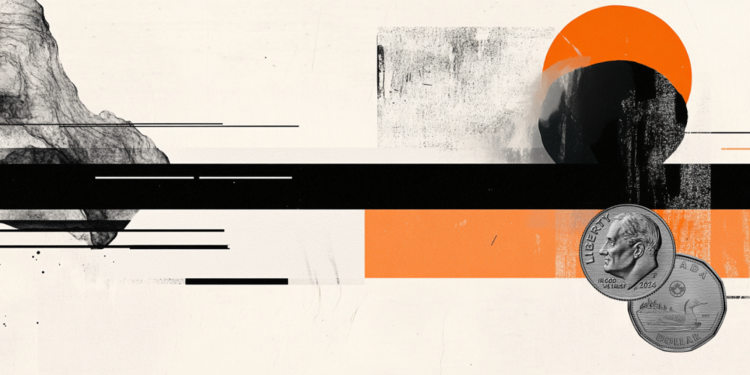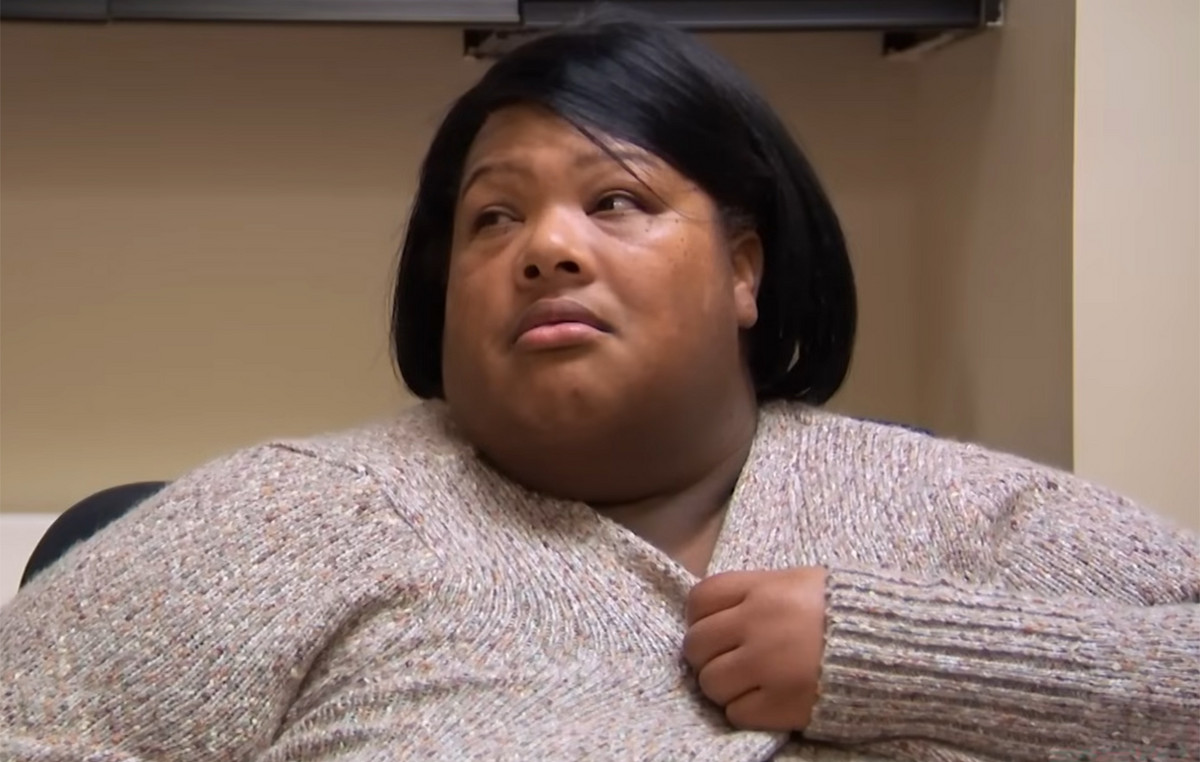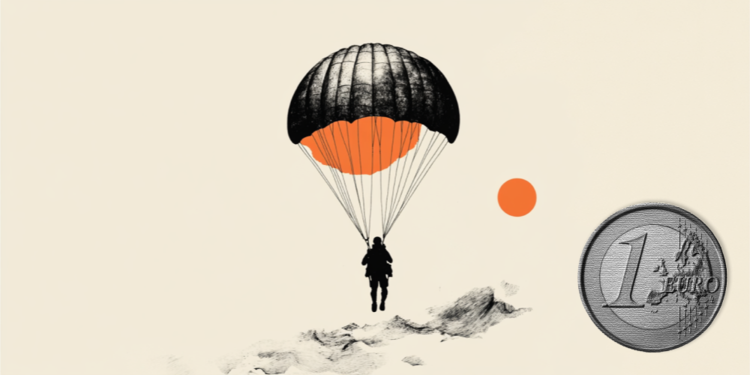With more than 100 confirmed cases in Brazil, the advance of the variant Omicron around the world brings back the assessment of closing schools around the world to contain the spread of the virus.
A Unicef classifies the measure as ‘last resort’ and understands that a new interruption of classes would be ‘disastrous’ for the children.
The agency, owned by the United Nations Organizations (UN), estimates that the generation of school-age children could collectively lose $17 trillion in potential lifetime earnings if schools close again.
In a UNICEF technical note, the agency’s executive director, Henrietta Fore, declared that the school should be the last place to close and the first to open.
Educational institutions function, according to Fore, as safe spaces against violence, hunger and situations of child vulnerability.
“The evidence is clear: prolonged nationwide closures; limited resources for students, teachers and parents; and lack of access to distance learning has wiped out decades of progress in education and made childhood unrecognizable. A pandemic shadow of child labor, child marriage and mental health problems has set in. In addition to the lost learning, the kids they lost the safety of the school, the daily personal interactions with friends, access to healthcare and, often, their only nutritious meal of the day”, detailed the executive director of UNICEF.
Unicef also reinforced in an official note that the year 2022 should be directed towards education and the interests of minors.
About the vaccination of this public, in Brazil, the Anvisa recommends the immunizing Pfizer for the protection of children ages 5-11, regardless of prescription.
The orientation of the Ministry of Health is that there is a requirement for a medical prescription and a “term of informed consent” for the application of the vaccine.
For the director of the Brazilian Society of Immunization, pediatrician and immunologist Renato Kfouri, vaccination is the main strategy to contain new waves of contamination of Covid-19, whether a new strain or not.
“This is the strategy of most countries, expanding the base of vaccinees. A new wave always disproportionately hits the unvaccinated, so we are able to better control the wave and also protect the children”, explained Kfouri.
So far, no Brazilian state has indicated that it will adhere to this guidance from the Ministry of Health, according to a survey by the CNN Agency. At least 13 states have already informed that they will not follow the folder’s indication: Paraíba, Rio de Janeiro, Bahia, Ceara, Santa Catarina, São Paulo, Minas Gerais, Maranhão, Espírito Santo, Pará, Acre, Paraná and Goiás.
(With information from Artur Nicoceli and Giulia Alecrim, from CNN, in São Paulo)
*under the supervision of Thayana Araujo
Reference: CNN Brasil







